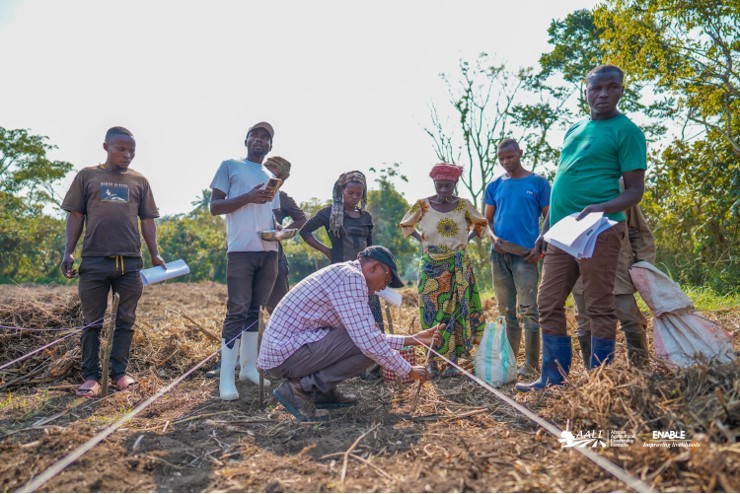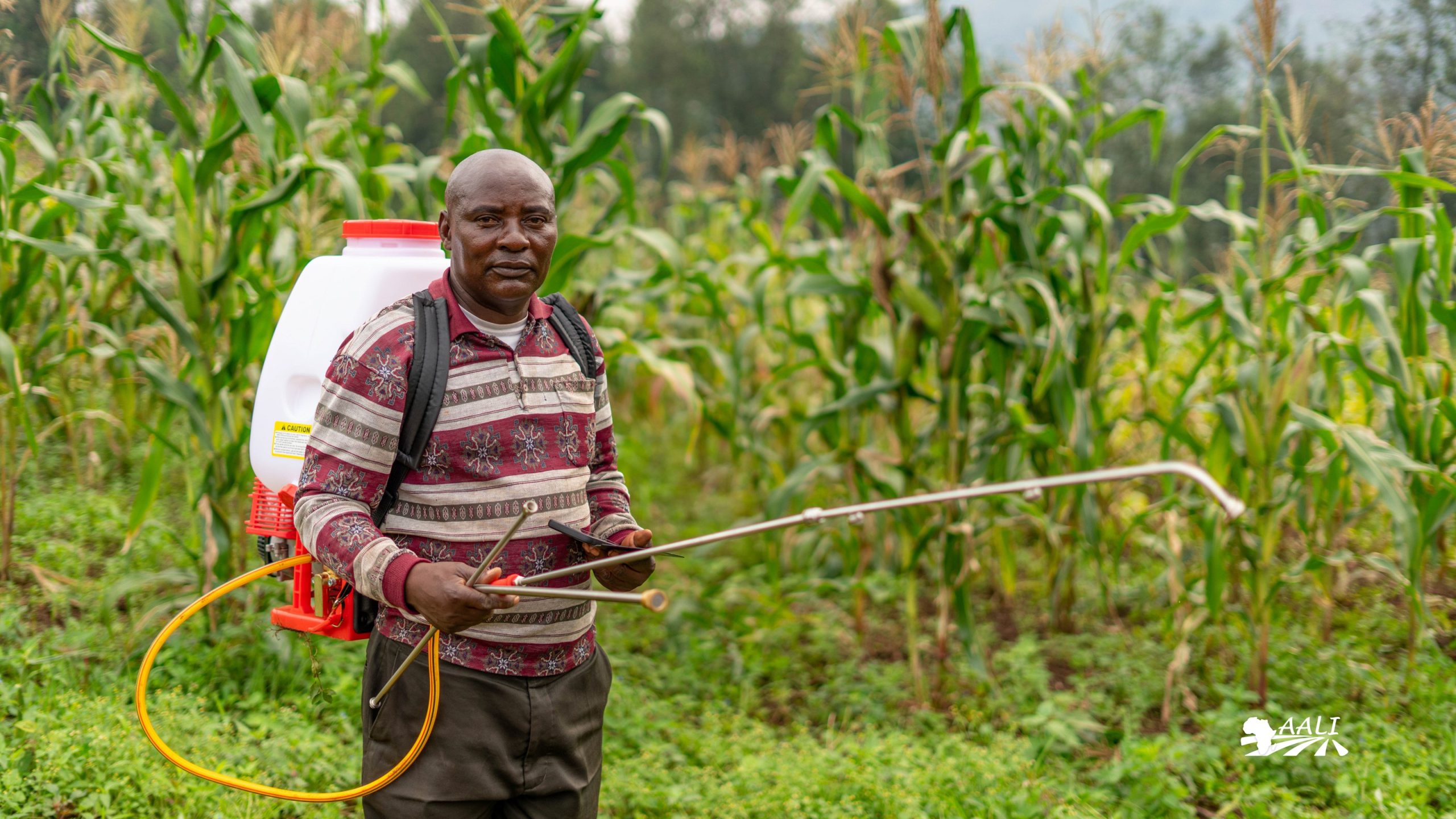In addition to their limited access to land, small-scale producers, particularly women and young people, face several challenges that hamper their productivity. These include low levels of knowledge and access to recommended technologies, as well as reliable and remunerative market outlets for their produce. This situation keeps over 60% of small-scale producers in the poverty trap, while food insecurity and malnutrition persist in the Democratic Republic of Congo (DRC). To meet these challenges, it is imperative for the country to significantly increase local production, while fostering the entrepreneurial spirit to ensure a shift from subsistence farming to business farming. How can this be achieved if those who need to produce, and have only agriculture to make a living, can access neither land nor quality inputs, let alone the market, to sell their small-scale production?
In its new paradigm, which consists of advocating and bringing small-scale producers, young people and political decision-makers together to promote business agriculture, the African Agricultural Leadership Institute (AALI) is promoting “Block Farming”, an innovative, sustainable strategy that simultaneously addresses the problem of landlessness and market access, while facilitating access to high-performing technologies for small-scale producers. Block farming is an inclusive model that has the advantage of sustaining agricultural production by creating partnerships between small-scale producers and large-scale producers – concessionaires, while optimizing profitability. Large-scale producers benefit from the organization of small-scale farmers, while the latter are included in a value chain that offers them commercial outlets.
What you need to know about the inclusive dynamics of block farming

Block Farming is a win-win strategy for small-scale and large-scale producers. The latter allow small producers access to their land and inputs, while AALI, as a specialized technical institution, provides extension services, training in good agricultural practices, from production to post-harvest, mechanization, good business management, as well as technical support in the field to ensure increased productivity. In return, the small producers sell the raw materials to the processing units of the concessionaires from whom they have received inputs.
To launch this model in the DRC, AALI has begun collaborating with ENABLE DRC, a private social enterprise offering seed credits to small producers. The two organizations are taking their first steps in Minova in the Kalehe territory in the east of the country, an area severely exacerbated by a combination of recurrent armed conflict, massive population displacement, economic crisis and acute malnutrition.
AALI and ENABLE DRC are currently supporting 300 small-scale producers in the area, providing them with access to maize input packages and technical advice for season A of the 2024 agricultural year.

